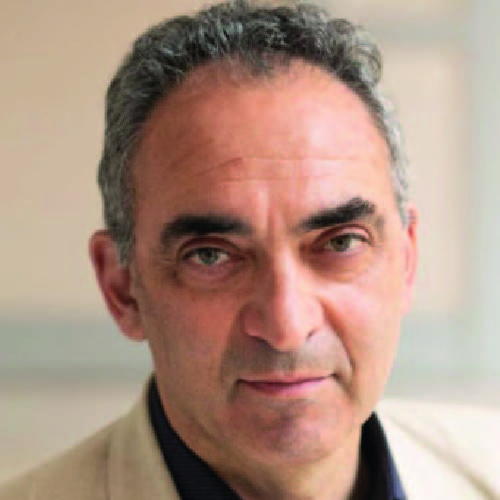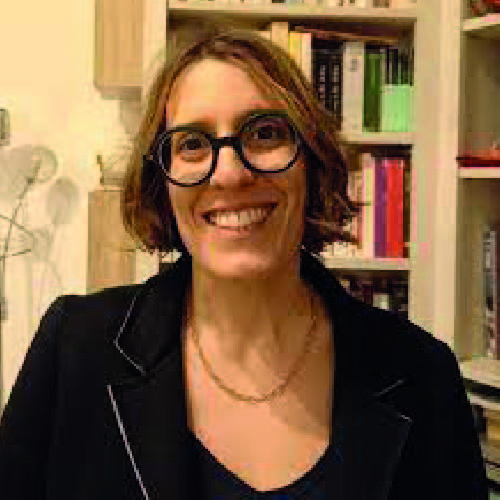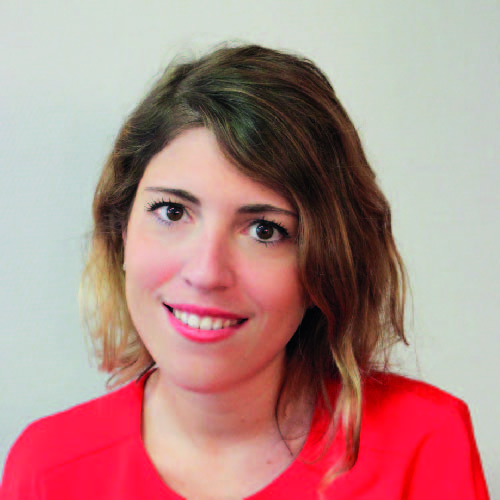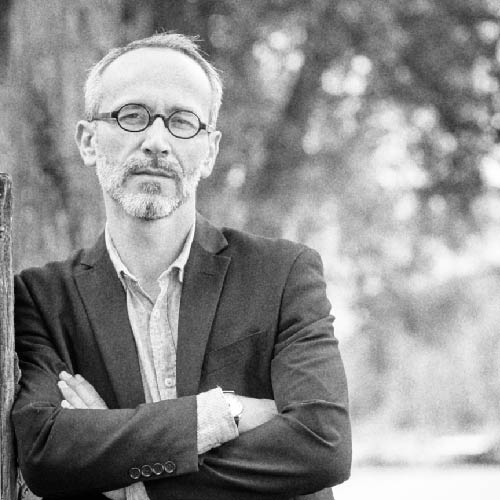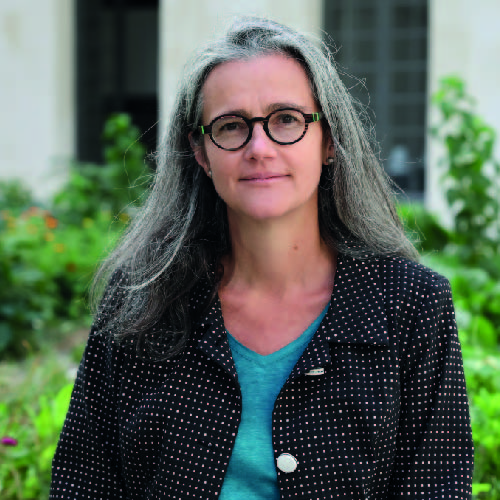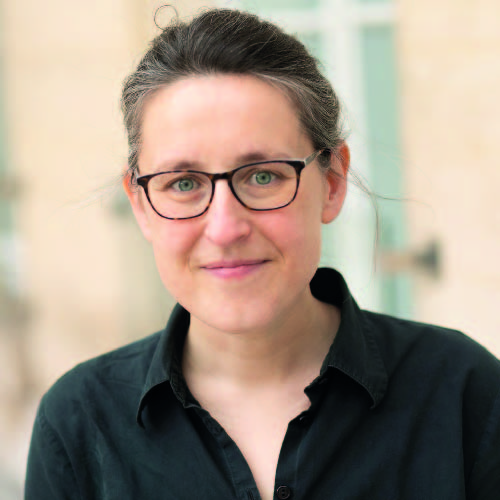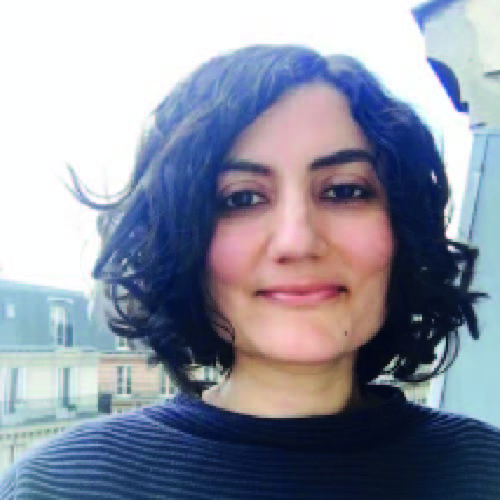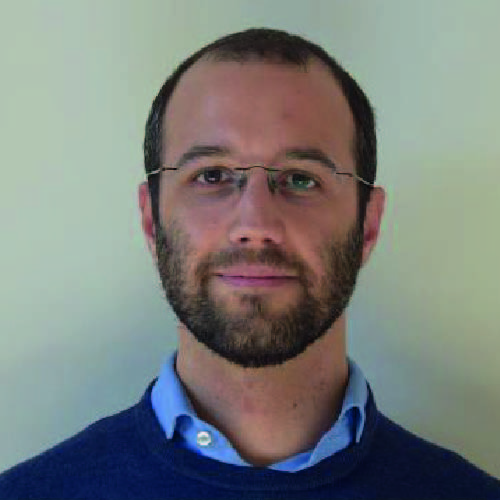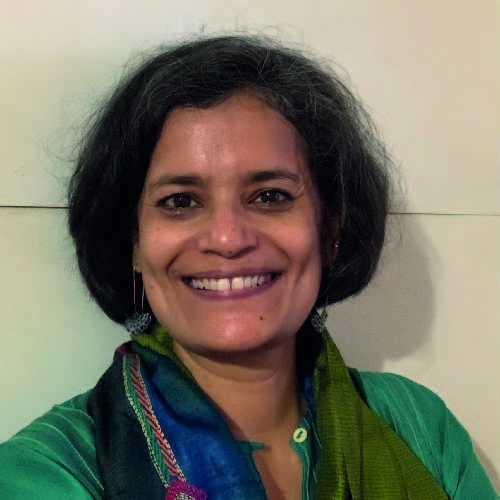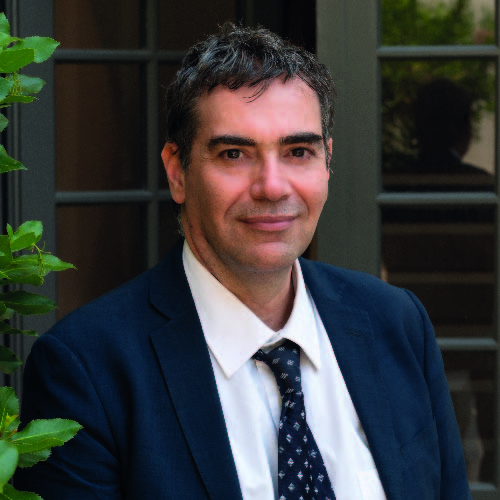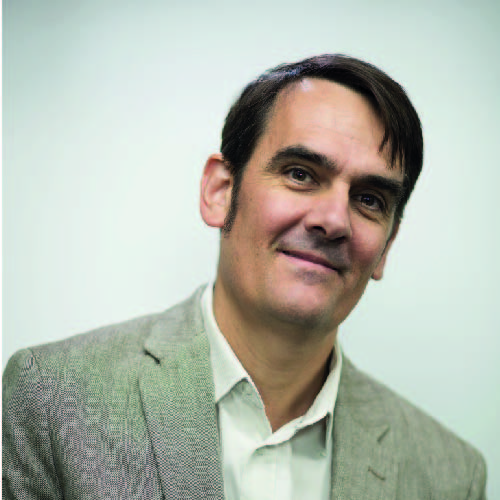AESOP 2024 ANNUAL CONGRESS | TRACKS
36th AESOP Annual Congress 2024 Paris, France
“GAME CHANGER? Planning for just and sustainable urban regions”
TRACK 15: HISTORIES
Knowledge exchanges in urban developments from a historical perspective
Chairs:
- Clément Orillard, Ecole d'Urbanisme de Paris
- Olivier Sykes, University of Liverpool
- Yi Xin, Southeast University of Nanjing
- Aslı Ulubaş Hamurcu, İstanbul Teknik Üniversitesi
This thematic track is dedicated to exploring the intricate history of knowledge exchange among urban experts from various countries along the last waves of globalization. Starting with WWII and continuing to the present day, the landscape of urban development worldwide has been profoundly shaped by the transfer of knowledge, ideas, and urban models. This track focuses mainly on the impact of the third wave of globalization, during the 1980s, 1990s and 2000s, which witnessed a particularly rich and influential cross-pollination of concepts, strategies, and experiences that has left a lasting and transformative impact on urban development practices in numerous nations.
One of the central focal points of this track is the detailed examination and comparison of knowledge exchange processes themselves and their impacts on urban development. The types of exchange include technical aid missions, transnational academic and scientific exchanges, foreign commissions of architectural/planning firms or consultants, etc. This track considers exchanges between countries in Europe, between European countries and other countries in the Global North, and European countries and the Global South and East. Through this exploration, we seek to unravel the multifaceted interplay of ideas, strategies, and shared experiences that continue to shape our ever-evolving urban world.
A special session will focus on exchanges between China and Europe. Within this session, there will be an particular emphasis on urban regeneration practices, a vital facet of urban development that plays a pivotal role in revitalizing and rejuvenating urban areas. By studying the experiences and approaches of these exchanges between Europe and China, we aim to draw valuable insights that can inform and enrich urban regeneration practices on a global scale.
Keywords: Transnational planning histories, knowledge exchanges, planning models, cross-national fertilisation, technical aid
LOC
The Local Organising Committee
